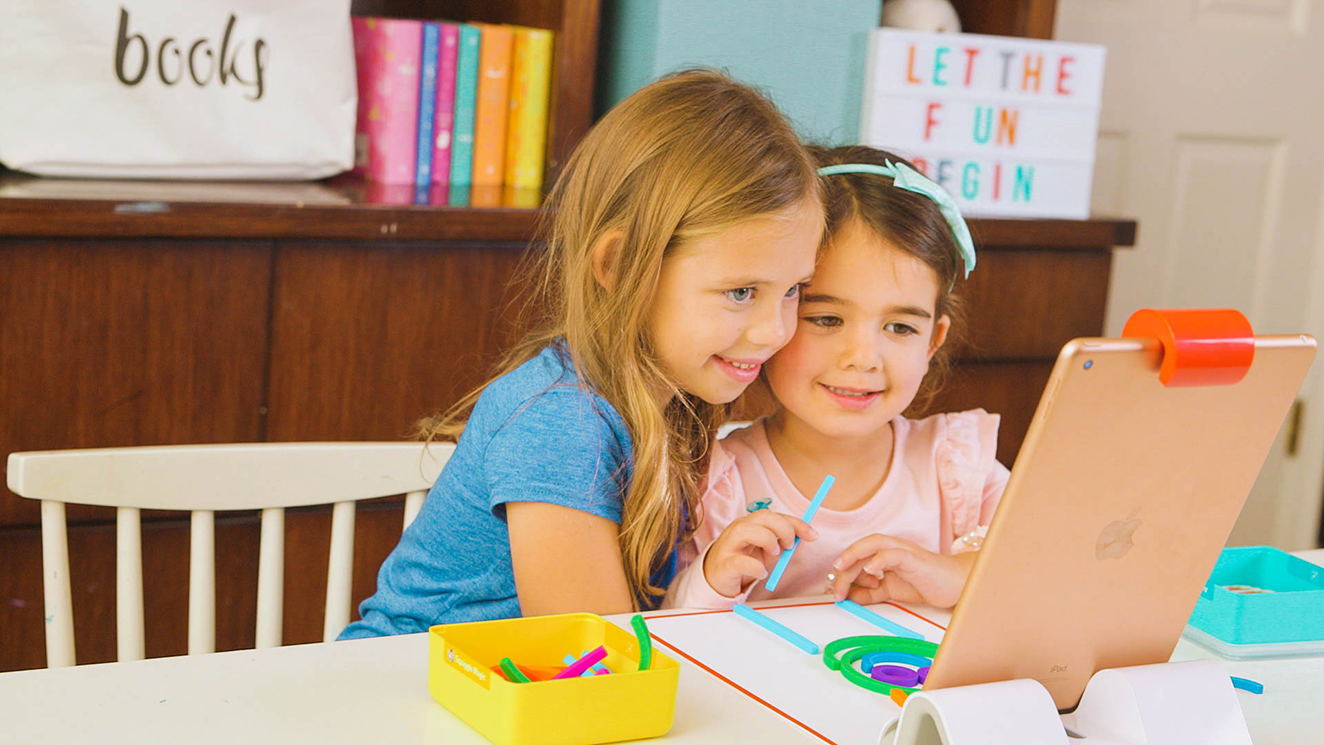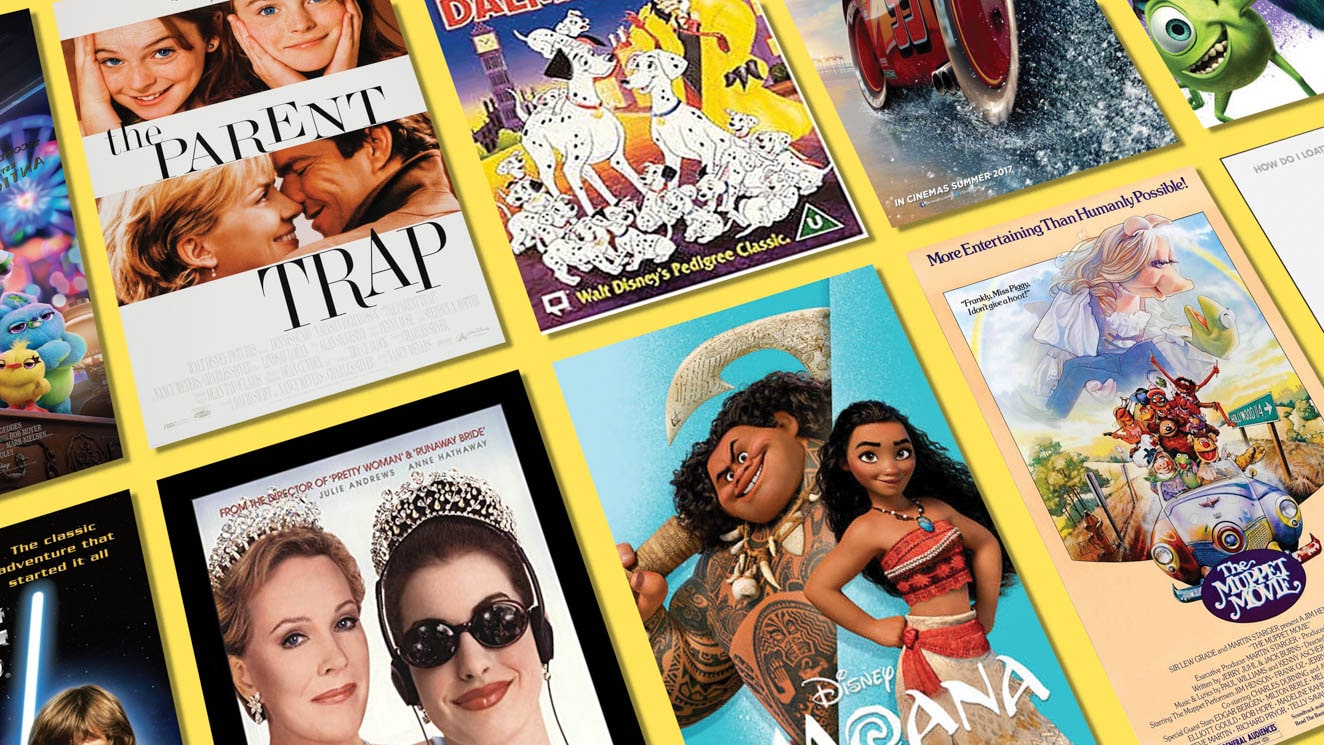

Screens are… well…. they’re kinda our whole lives right now. And it may be activating that guilt-feeling that all of us parents know so well. Yes, yes, we don’t live under a rock so we’ve heard the experts’ warnings that social media and excessive time on devices may contribute to mental health issues like anxiety and depression in kids, and that it robs them of IRL social time (remember social time?) and physical exercise.
But if the conundrum of screen time has you extra frazzled these days, please remind yourself of this study, i.e. the cozy Slanket you just may need to wrap yourself in right now. Researchers from Brigham Young University found that the length of time kids spent on social media did not actually correlate with symptoms of anxiety or depression. In other words, the kids who clocked the most hours on screens were not necessarily the most depressed or anxious.
To gather data for this study, Sarah Coyne, a professor of family life at BYU, worked with 500 young people between the ages of 13 and 20 over an eight year period. Coyne and her team administered regular questionnaires to determine how much time subjects spent daily on social media, as well as their symptoms of depression and anxiety. They then analyzed the results to dig deeper into the relationship between screen use and mental health. The results, which were published in the March 2020 issue of Computers in Human Behavior, indicate that, yes, as kids age, they do spend more and more time on screens—and on social media in particular. But, while previous research had suggested a potential link between the increased time and negative mental health outcomes, the data from this study indicates a more nuanced situation: It’s not the amount of time that matters. Turns out, how kids are using screens and social media seems to have a more significant impact.
So what does that mean? Well, there’s a big difference between using screens to learn about something cool and spending hours online for no particular reason. Coyne suggests that instead of focusing on screen time per se, parents should more closely examine what kids are doing online. Here are a few of her suggestions to help kids (and families) develop good digital media habits:
- Be an “active user” instead of an aimless scroller. For tweens and teens, that might mean posting, commenting, and interacting with friends. For the pre-social media set, that might look like playing a skill-building game, watching how-to videos around areas of specific interest or video chatting with Grandma. There are plenty of uses for screens that don’t have to detract from our kids’ mental health.
- Set clear intentions around screens and social media to help kids stay healthy over the long term. That means it’s important they know why they’re online at any given time—i.e. to research something, to chat with a friend, or even to reach a goal in a game. In other words, boredom is not a good enough reason to reach for that device. You can model this practice, too, by saying “I’m going to take a two-minute phone check-in to read an important work email right now.”
- Practice good sleep hygiene. This is vital for kids’ (and parents’) mental health! In order to make sure that everyone is getting enough quality sleep, turn off all devices at least one hour before bed. Use that screen-free time to wind down with softer lighting, family conversation, and reading from something that doesn’t emit that telltale blue glow.
So, just as I tell my husband when it comes to you-know-what, it’s quality—not quantity—that matters most. We can help our kids (and ourselves, too) become intentional screen users, and everyone will likely be happier for it.
Like what you see? Sign up for our weekly newsletter!







